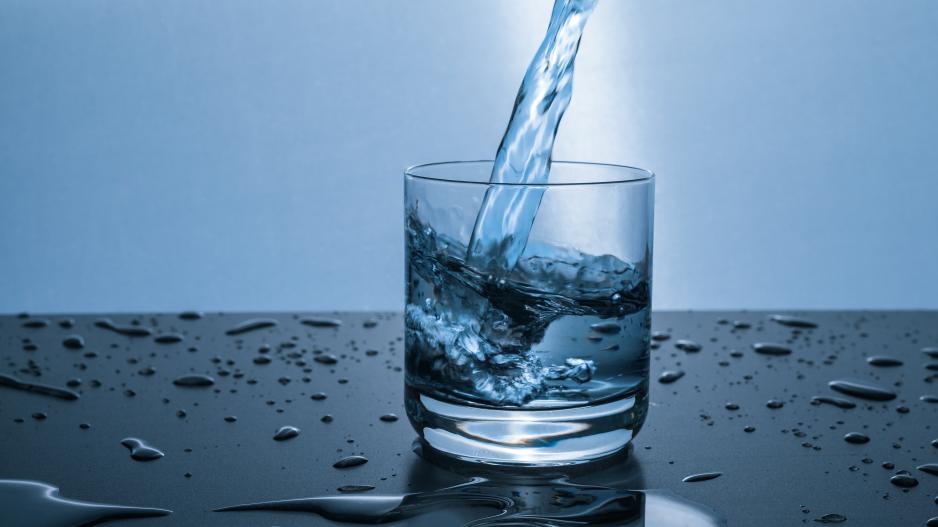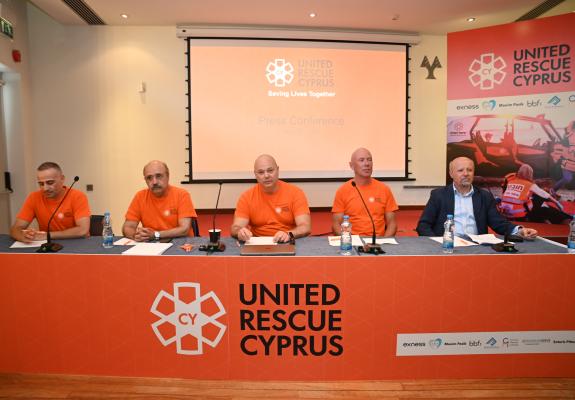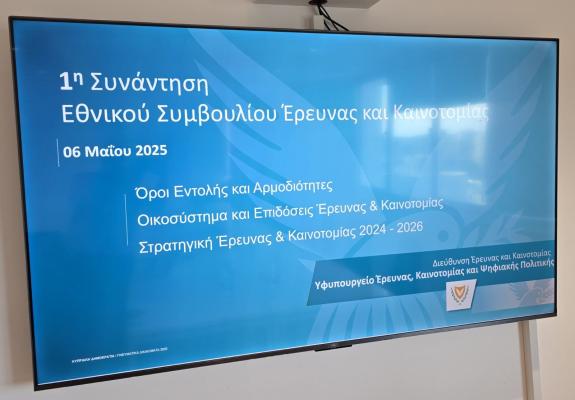Desalination for the environment: advancing clean water and energy solutions
The "Desalination for the Environment, Clean Water and Energy” conference and exhibition commences today in Limassol, gathering over 300 delegates from various countries along with 30 exhibitors. The opening session will feature an address by Petros Xenophontos, the Cypriot Minister of Agriculture, Rural Development, and Environment.
The delegates will engage in discussions regarding water supply and the environmental challenges affecting not only Cyprus but the whole world. Moreover, thirty exhibitors will showcase their latest desalination technologies.
On the first day of the conference, a special workshop on "Circular Desalination: Value Chains & Sustainability" will be organized by the WATER-MINING project. In the afternoon, a panel discussion is scheduled, featuring representatives from the Ministries of Energy and Agriculture, the Water Development Department, the Cyprus Energy Regulatory Authority, the Electricity Authority of Cyprus, the Cyprus Institute, and the Cyprus Employers and Industrialists Federation.
Moreover, the panel discussions and workshops throughout the conference will cover various topics, including the economics of desalination, challenges in green hydrogen production, policy and market development, storage and infrastructure, water, energy, emissions management, water security, desalination for water reuse and agriculture, and digitalization in desalination.

Organized by the European Desalination Society (EDS), the conference aims to provide an overview of recent developments in desalination technology, its cost, application scope, and the associated socio-economic and environmental considerations. The event will bring together researchers, decision makers, managers, design engineers, and operators from water companies, industries, government departments, consulting firms, research institutes, and universities.
The conference will also address the role of industry, research, and government decision making within this thriving market.
EDS is a pan-European organization comprising individual and corporate members, including universities, companies, research institutes, government agencies, and any individual interested in desalination and membrane technologies for water.
Furthermore, the aforementioned "Desalination for the Environment" conference aims to highlight advancements in providing affordable freshwater for all, while minimizing energy requirements.
As reported in a press release, one of the seminars held was organized by WATER-MINING, a project dedicated to research and innovation. It focused on developing energy-efficient technologies for treating wastewater from urban and industrial areas, as well as desalination, while promoting the extraction of valuable products from the resulting residues.
The project, coordinated by the Delft University of Technology in the Netherlands, involves public and private partners from across Europe. The Larnaca Sewage and Drainage Board represents Cyprus in the project, while pilot projects are conducted in Spain, Portugal, and the Netherlands.
Dimitris Xevgevnos, an Assistant Professor at the Technology, Policy, and Management Faculty of TU Delft and organizer of the workshop, emphasized the significance of connecting the economy with the environment, with society preserving its key role in the equation.
Cyprus, known as the most water-scarce country in Europe, relies on desalination technologies for 50% to 80% of its freshwater supply, depending on the year. The country faces the challenge of achieving greater energy independence from traditional fossil fuels used in desalination plants.
“Given the Mediterranean region's critical water scarcity and the highest temperature increases due to climate change, these issues require urgent attention,” Mr Xevgevnos noted.
Arnoldas Milukas, Head of Unit for Biodiversity, circular economy and environment at the European Research Executive Agency, presented the WATER-MINING project, underlining its focus on involving end-users in developing circular water solutions, including brine recovery management for commercialization.
The press release further underscores that nearly 200 million people in the Mediterranean region are already affected by water stress, a number set to increase due to population growth, urbanization and climate change.






